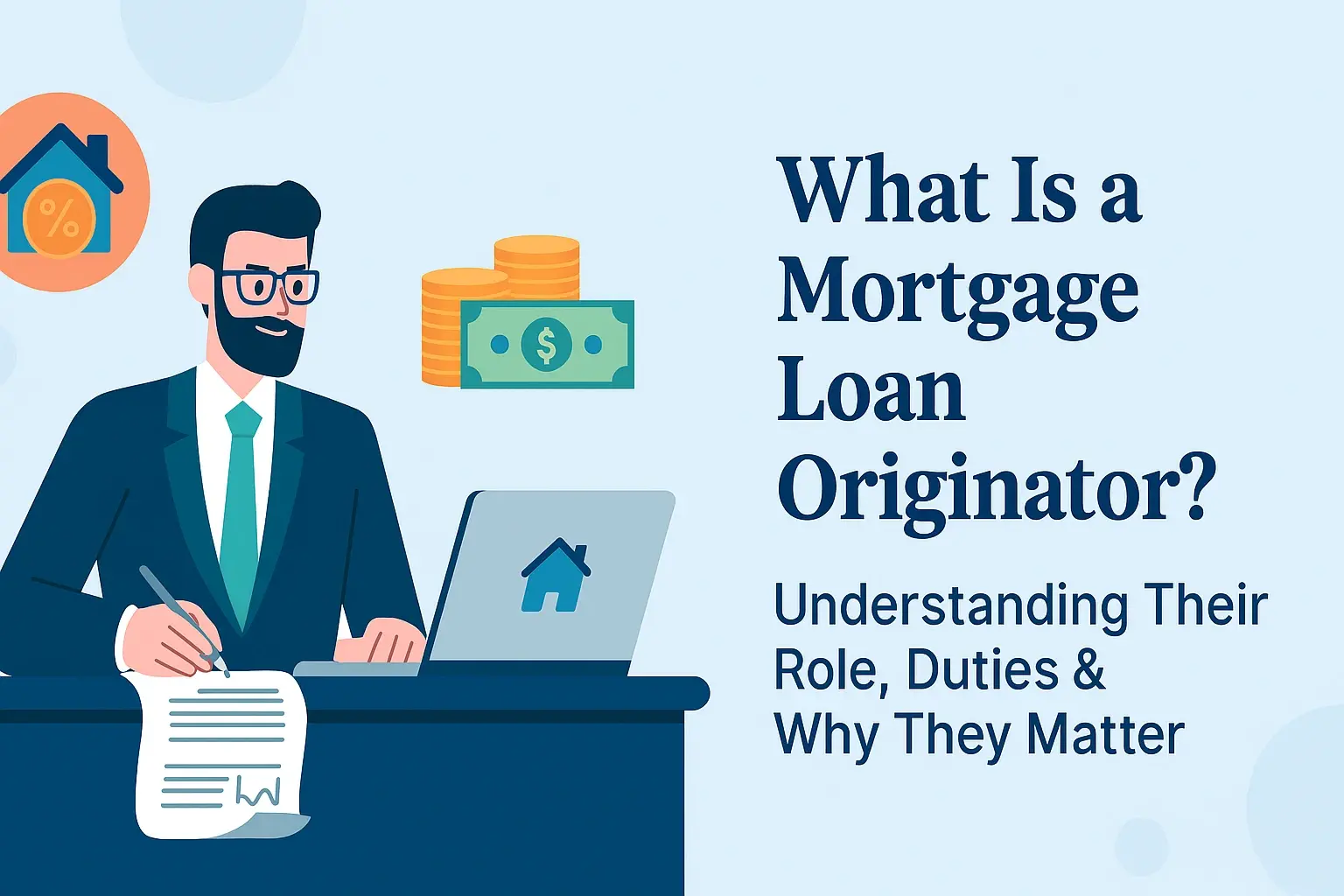-
Posted on: 06 Aug 2024

-
Understanding how lenders assess your creditworthiness is crucial when applying for loans, mortgages, or credit cards. One of the primary tools they use is your credit score. Experian is one of the three major credit bureaus in the United States, along with Equifax and TransUnion. But do lenders specifically use Experian scores? The short answer is: yes, but it's more nuanced than that. Let's delve into the details.
Understanding Credit Bureaus and Credit Scores
To understand whether lenders use Experian, it's important to grasp the basics of credit bureaus and credit scores.
What are Credit Bureaus?
Credit bureaus are companies that collect and maintain information about your credit history. This information includes your payment history, credit utilization, types of credit accounts, and any public records related to your finances. The three major credit bureaus are:
- Experian: Gathers and sells credit information.
- Equifax: Another major player in the credit reporting industry.
- TransUnion: Completes the trio of nationwide credit bureaus.
Each bureau maintains its own database of information, and while the data across the three bureaus is generally similar, there can be differences. This is because not all creditors report to all three bureaus. Some may report to only one or two, while others report to all three.
What is a Credit Score?
A credit score is a numerical representation of your creditworthiness. It's calculated based on the information in your credit report. The higher your credit score, the lower the risk you represent to lenders.
The two main credit scoring models are:
- FICO Score: Developed by Fair Isaac Corporation, this is the most widely used scoring model.
- VantageScore: Developed by the three major credit bureaus (Experian, Equifax, and TransUnion), it's designed to be a more competitive alternative to the FICO score.
Both FICO and VantageScore use a range of 300 to 850, with higher scores indicating better credit. Each scoring model weighs different factors slightly differently, which can result in different scores from each model, even when using the same underlying credit report data.
Do Lenders Use Experian Scores? The Reality
Yes, lenders do use Experian scores, but it's not the only score they consider. Here's a breakdown:
Lenders Utilize a Range of Credit Scores
Most lenders don't rely solely on one credit bureau or scoring model. They often pull credit reports and scores from all three major bureaus (Experian, Equifax, and TransUnion) to get a comprehensive view of your credit history. This practice is known as a "tri-merge" credit report.
By reviewing reports from all three bureaus, lenders can:
- Identify any discrepancies: If there are errors or inconsistencies in your credit reports, the lender can ask for clarification or documentation.
- Get a fuller picture: Since not all creditors report to all three bureaus, reviewing all three reports provides a more complete overview of your credit history.
- Reduce risk: Relying on multiple sources of information can help lenders make more informed decisions and minimize their risk.
Which Credit Scoring Model Do Lenders Prefer?
While VantageScore is gaining traction, FICO remains the dominant scoring model used by lenders. Different lenders may use different versions of the FICO score (e.g., FICO Score 8, FICO Score 9, or industry-specific FICO scores). Many auto lenders use FICO Auto Score, and mortgage lenders often use older FICO models, such as FICO Score 2, 4, and 5.
Therefore, your Experian credit report will be used to calculate both your Experian-based FICO score and your Experian-based VantageScore. Lenders may use either (or both) of these scores when assessing your creditworthiness.
Understanding Experian's Role Specifically
Experian is not just a credit bureau that provides credit reports. It also provides its own branded credit scores and other credit-related products. These products, such as Experian CreditWorks, are often used by consumers to monitor their credit and identify potential issues.
Lenders don't typically use the scores provided directly through Experian's consumer-facing products. Instead, they use the FICO or VantageScore generated based on the data in your Experian credit report. So, while your Experian credit report is critical, the specific "Experian score" you see on the Experian website may not be the exact score a lender uses.
Factors Affecting Your Credit Score Based on Experian Data
Your Experian credit report contains various pieces of information that influence your credit score. Understanding these factors can help you improve your creditworthiness.
Payment History
This is the most important factor in determining your credit score. It reflects whether you've paid your bills on time in the past. Late payments, collections, and bankruptcies can significantly lower your score.
- Consistent on-time payments: Demonstrates responsibility and reliability to lenders.
- Late payments: Negatively impact your score, with the severity depending on how late the payment is.
- Collections: Debts that have been sent to a collection agency indicate a serious delinquency.
- Bankruptcies: Significantly damage your credit and remain on your report for several years.
Credit Utilization
This is the amount of credit you're using compared to your total available credit. It's typically expressed as a percentage. For example, if you have a credit card with a $1,000 limit and you're carrying a balance of $300, your credit utilization is 30%.
- Lower credit utilization: Generally better for your credit score. Aim to keep your utilization below 30%.
- High credit utilization: Signals to lenders that you may be overextended and struggling to manage your debt.
Length of Credit History
The longer your credit history, the more information lenders have to assess your creditworthiness. A longer history generally indicates more experience managing credit responsibly.
- Established credit history: Demonstrates a track record of responsible credit management.
- Short credit history: Can make it more difficult to obtain credit, as lenders have less information to assess your risk.
Types of Credit Used
Having a mix of different types of credit accounts (e.g., credit cards, installment loans, mortgages) can demonstrate your ability to manage different types of debt.
- Diverse credit mix: Shows that you can handle various financial obligations.
- Lack of credit mix: Not necessarily negative, but a diverse mix can be a slight positive.
New Credit
Opening too many new credit accounts in a short period can lower your credit score. Each credit application results in a "hard inquiry" on your credit report, which can temporarily lower your score.
- Spacing out credit applications: Avoid applying for multiple credit cards or loans at the same time.
- Hard inquiries: Too many hard inquiries can signal to lenders that you may be taking on too much debt.
How to Improve Your Credit Score Based on Experian Data
Improving your credit score based on Experian data involves taking steps to address the factors that affect your score. Here are some strategies:
- Pay your bills on time: This is the single most important thing you can do to improve your credit score. Set up automatic payments or reminders to ensure you never miss a due date.
- Reduce your credit utilization: Pay down your credit card balances to lower your utilization. Aim to keep your utilization below 30% on each card and overall.
- Avoid opening too many new credit accounts: Be selective about applying for new credit. Only apply for credit when you truly need it.
- Monitor your credit report: Regularly check your Experian credit report (and your reports from Equifax and TransUnion) for errors or inaccuracies. You can obtain a free copy of your credit report from each bureau annually at AnnualCreditReport.com.
- Dispute any errors: If you find any errors on your credit report, dispute them with the credit bureau. Experian is required to investigate and correct any inaccuracies.
- Become an authorized user: If you have a friend or family member with a credit card in good standing, ask if you can become an authorized user on their account. Their positive payment history can help improve your credit.
- Consider a secured credit card: If you have bad credit or no credit history, a secured credit card can be a good way to build or rebuild your credit. You'll need to provide a security deposit, which will serve as your credit limit.
Checking Your Experian Credit Report and Score
It's essential to monitor your Experian credit report regularly for accuracy and to track your progress in improving your credit score. Here's how you can do it:
Free Credit Report from AnnualCreditReport.com
You're entitled to a free credit report from each of the three major credit bureaus (Experian, Equifax, and TransUnion) once every 12 months. You can request your free reports at AnnualCreditReport.com. This is the only authorized website for obtaining your free credit reports.
Experian Website
Experian also offers its own website where you can access your credit report and score. While you may have to pay for ongoing access, you can often get a free trial or introductory offer. Be sure to read the terms and conditions carefully before signing up.
Credit Monitoring Services
Many credit monitoring services provide ongoing access to your credit reports and scores from all three bureaus. These services can alert you to any changes in your credit profile, such as new accounts, late payments, or credit inquiries. Some services also offer identity theft protection features.
Conclusion
Do lenders use Experian score? Absolutely. Your Experian credit report is a crucial component of your overall credit profile. Lenders often pull credit reports from all three major bureaus, including Experian, to assess your creditworthiness. While FICO remains the most widely used scoring model, both FICO and VantageScore are generated using the data in your Experian credit report. By understanding the factors that affect your credit score and taking steps to improve your credit health, you can increase your chances of being approved for loans, mortgages, and credit cards at favorable terms.











